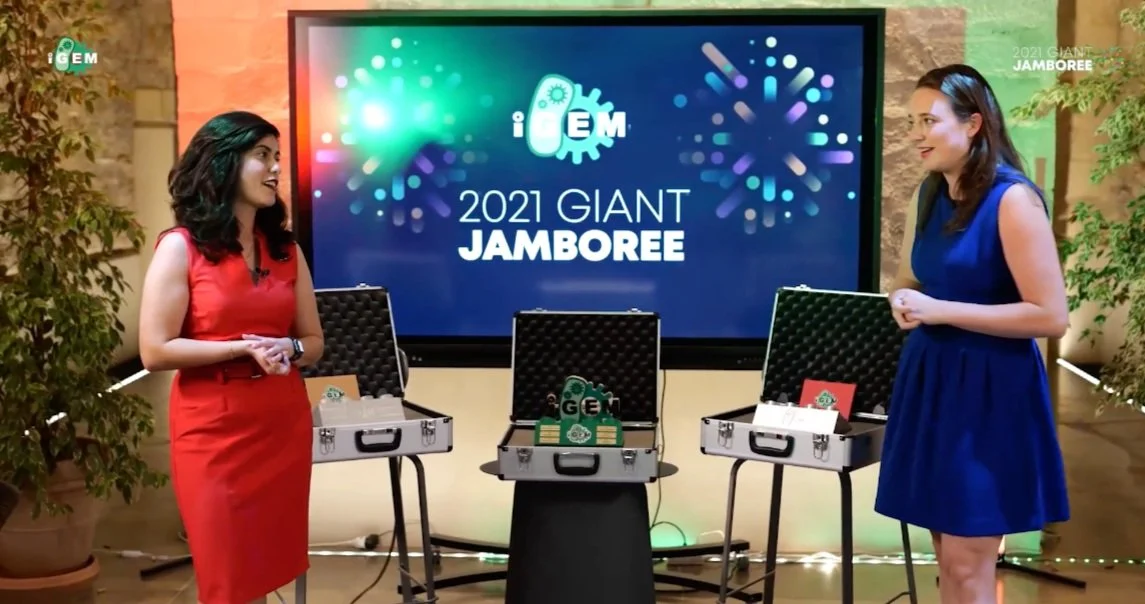Animals are used in research for many different purposes, including as models for the human body and as test subjects for food or medicine intended for animals. Unfortunately, one of the most common reasons that teams are disqualified from the iGEM Competition is for violations of our Animal Use Policy. The policy requires that teams get approval from the Safety & Security Committee before beginning experiments involving animals or animal samples.
Welcome!
This blog is where we share stories, announcements, and insights from around the iGEM community.





















